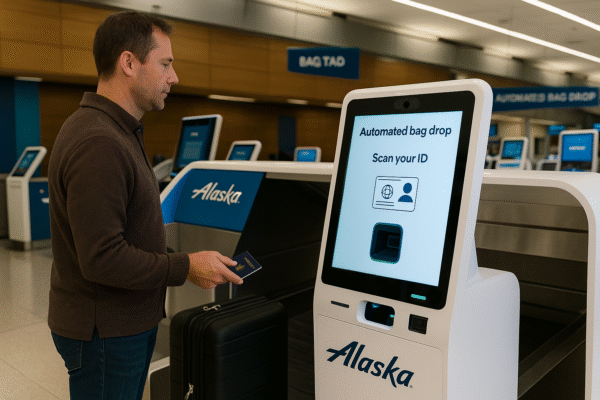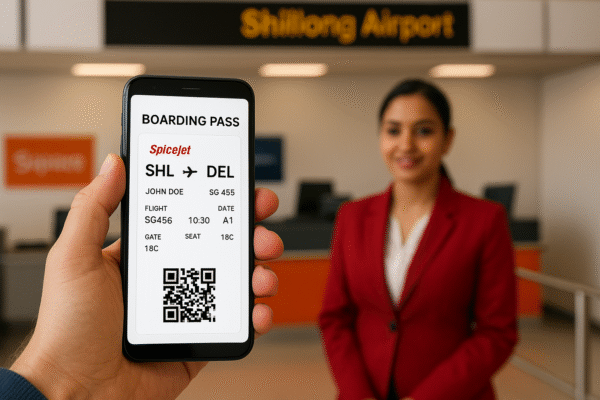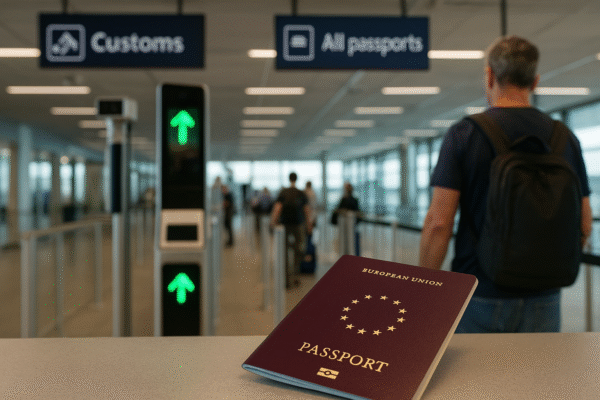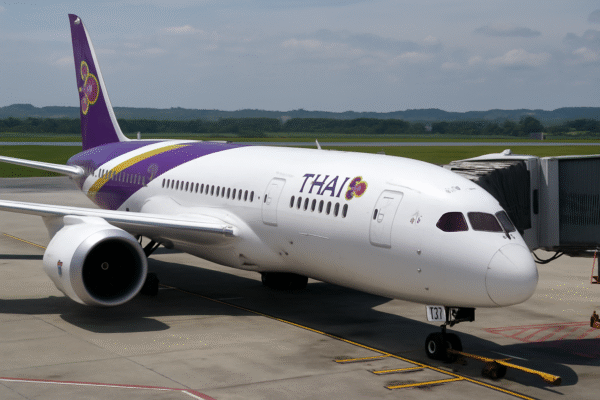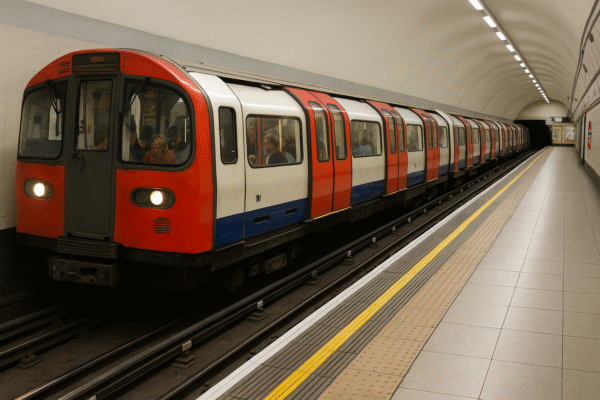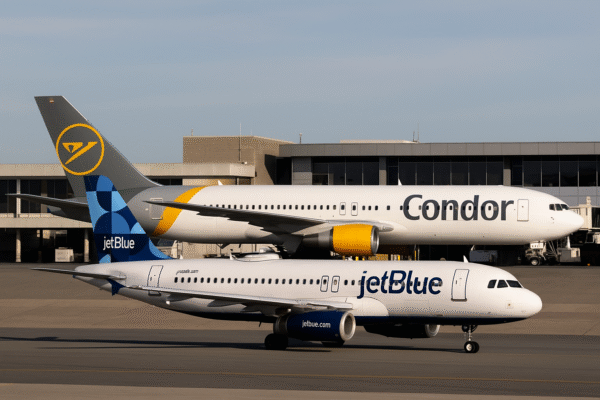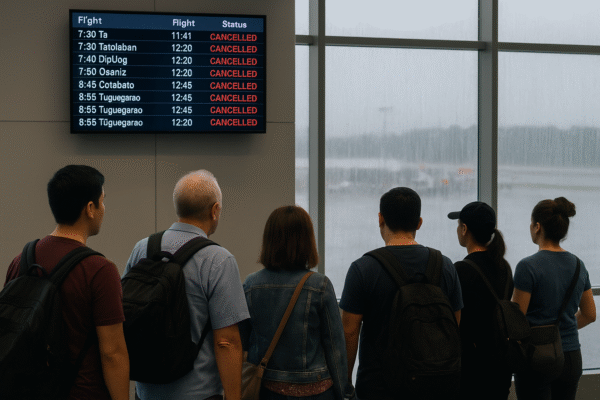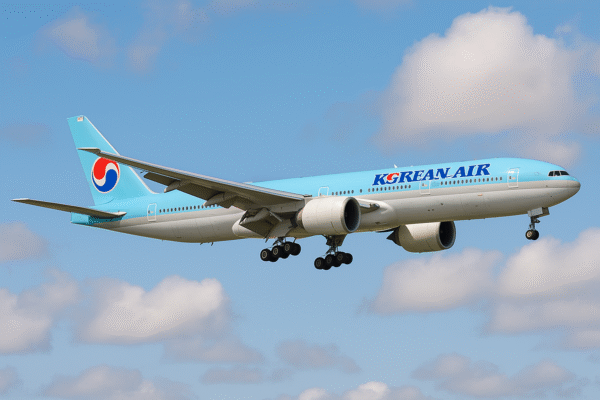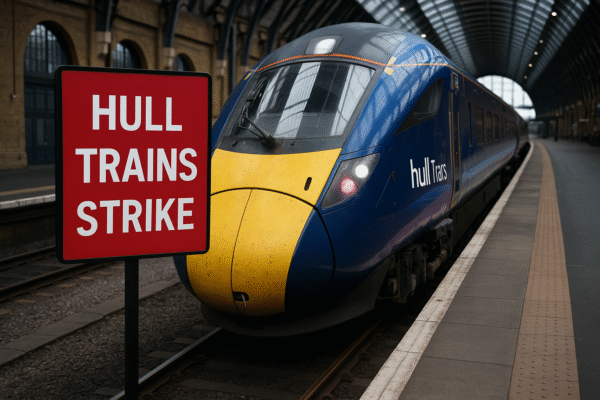A prolonged industrial dispute involving Hull Trains and its drivers continues to severely disrupt key rail routes, including the vital connection between London King’s Cross and Hull. Initiated by the ASLEF union, the strike stems from the controversial dismissal of a driver earlier this year over concerns related to fatigue, a move the union deems unjust and unsafe.
Since March 31, 2025, Hull Trains has faced recurring strike action that has seen multiple scheduled services cancelled, stranding commuters, tourists, and business travellers. Despite limited operations still running, the disruption has had a significant impact on both daily ridership and long-distance weekend travel across Yorkshire and Greater London.
Origins of the Dispute: Safety vs Discipline
The industrial action began after a Hull Trains driver was dismissed for allegedly telling management he had “nearly fallen asleep” while operating a service—an admission reportedly made to raise awareness of long working hours and fatigue. ASLEF, the train drivers’ union, argues the driver had a clean safety record and was raising a legitimate concern rather than posing a direct danger.
ASLEF’s General Secretary, Mick Whelan, stated:
“We will not stand by while a driver is punished for raising safety concerns. This isn’t just about one person—this is about the safety culture across the rail industry.”
The union views the dismissal as a retaliatory act and launched a 56-day rolling strike campaign, with potential for escalation into 2026 if no agreement is reached.
Services Affected and Passenger Impact
On recent strike days, the following Hull Trains services were cancelled:
- 07:27 London King’s Cross to Hull (arrives 09:58)
- 12:33 Hull to London King’s Cross (arrives 15:05)
- 13:48 London King’s Cross to Hull (arrives 16:25)
- 17:08 Hull to London King’s Cross (arrives 19:44)
- 19:10 London King’s Cross to Hull (arrives 21:47)
These cancellations are among several affecting passengers travelling to and from East Yorkshire and Greater London. Leisure tourists heading to Hull’s historic Old Town, the Museum Quarter, or the nearby Yorkshire coast are particularly affected, along with commuters depending on weekday services to reach central London.
Hull Trains Responds with Apologies and Travel Alternatives
Hull Trains has issued public apologies, recognizing the disruption caused. In a customer update, the company stated:
“We understand the inconvenience and are committed to supporting passengers during this difficult time.”
To accommodate affected travelers, Hull Trains recommends the following measures:
- Alternative Departure: The 09:48 service from London King’s Cross to Hull (train 1H02) remains operational on most strike days.
- Ticket Refunds: Passengers may book alternative rail operators and claim fare differences through Hull Trains’ customer service channels.
- Delay Repay Compensation: For delays exceeding 30 minutes, Hull Trains continues to honour its Delay Repay scheme.
Looking Ahead: A Prolonged Dispute with Uncertain Resolution
The ASLEF union has signalled its intent to ballot members on continuing the strike into 2026. If the majority votes in favour, service disruptions are likely to persist, particularly during peak holiday travel periods.
The standoff reveals deeper tensions within the UK rail industry, where safety concerns, long shifts, and staff wellbeing increasingly clash with company protocol. Hull Trains maintains its stance that operational safety and professional standards must be upheld.
In contrast, ASLEF believes punishing employees for highlighting potential dangers creates a culture of silence that could compromise passenger safety.
Industry observers note that unless mediated negotiations are soon initiated, the dispute could further strain the UK’s already complex railway labor relations landscape.
Advice for Travellers
Tourists and regular passengers planning to travel on the Hull–London route are advised to:
- Check real-time updates via the Hull Trains website or National Rail Enquiries before travel
- Book early on unaffected trains or consider coach travel as a backup option
- Use compensation schemes such as Delay Repay for disrupted journeys
- Plan alternative routes through Leeds or Doncaster with connecting services
Conclusion: A Crucial Test for Railway Worker Rights and Passenger Patience
The Hull Trains strike highlights the fragile balance between labour rights and public service delivery. As one of the key operators connecting the north and south of England, Hull Trains plays a vital role in domestic tourism, especially for travelers exploring Yorkshire’s cultural offerings and London’s urban attractions.
Until the dispute sees a resolution that satisfies both management and unions, rail passengers will need to brace for continued inconvenience and plan ahead carefully.
For now, travelers are encouraged to stay updated, explore alternate travel options, and make use of available refund and compensation mechanisms during this prolonged industrial action.
For more travel news like this, keep reading Global Travel Wire


